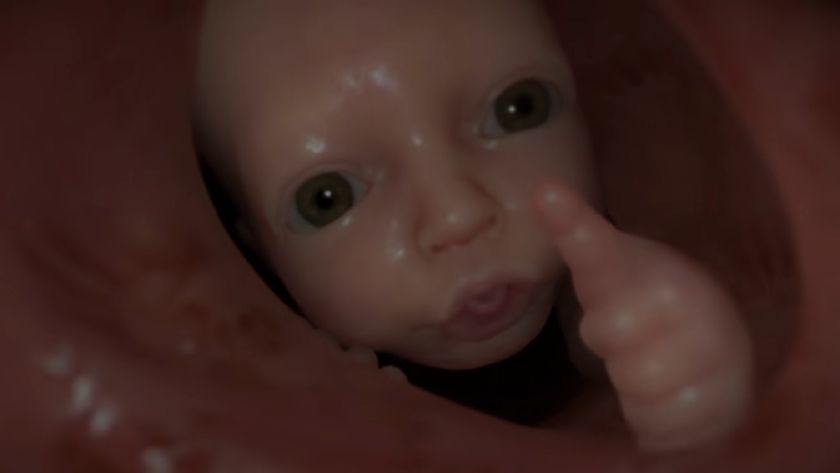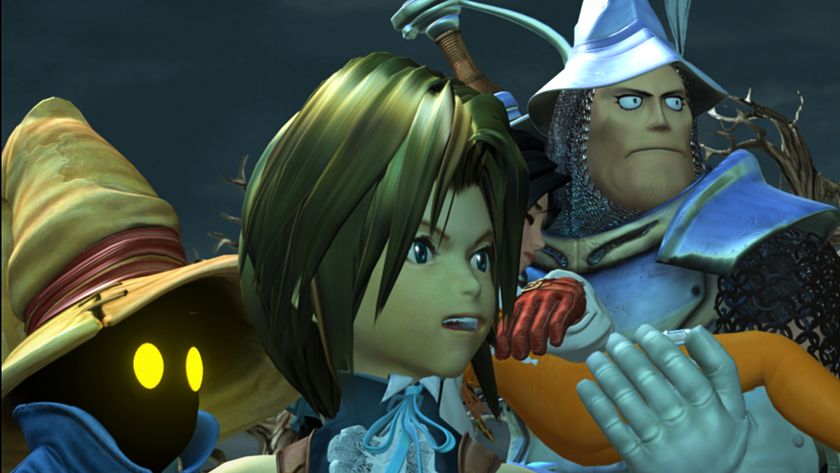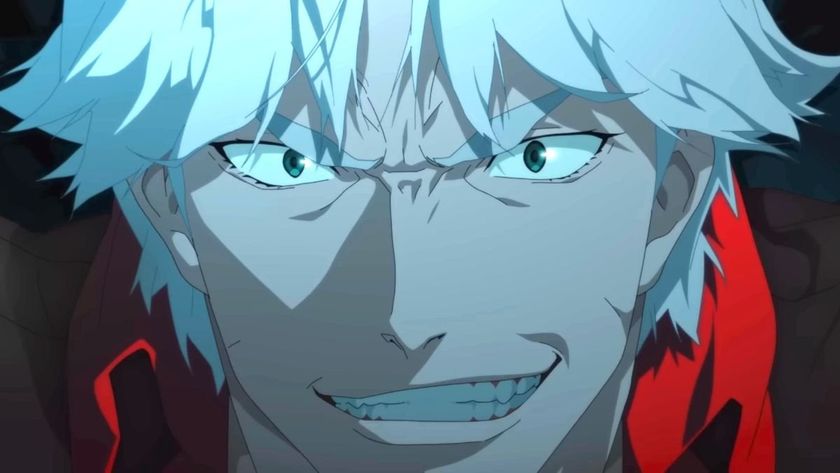Xbox trivia - 22 things you never knew about Microsoft's consoles
Psychonauts was originally an Xbox exclusive
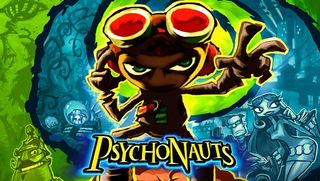
To this day, Tim Schafer's Psychonauts stands as one of gaming's most beloved flops - but it once had a much higher profile. Double Fine's first game was originally pegged as an Xbox exclusive, shepherded into creation by Microsoft's Ed Fries, who wanted the console's library to have an artistic flair. But, as is the case with many creative projects, when Psychonauts' guardian angel left Microsoft in 2004, the company lost interest, causing Double Fine's first game to go multi-platform with the help of Majesco.
Epic forced Microsoft to give the 360 more RAM
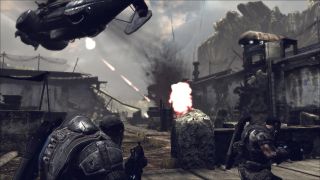
Many regard the original Gears of War as the first true game that felt "next-gen" - as of 2006, anyway. But it wouldn't have looked nearly as stunning if the 360 didn't ship with 512 megs of RAM. Microsoft originally intended their system to have half this amount, until Epic forced their hand by showing how much better Gears could look with double the RAM. This decision came at the cost of the 360's hard drive not being standard, but we can assume everyone who bought the Arcade Edition eventually upgraded.
Peter Moore used the medium of tattoo to announce release dates
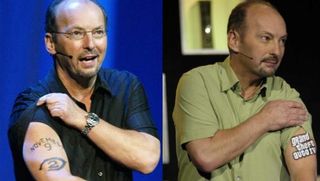
One-time Xbox bigwig (and now Liverpool FC chief exec) Peter Moore might've been just another executive, but he tried to shake that stuffed shirt image by any means possible. One of his most famous stunts involved branding his right arm with the Halo 2 logo and the phrase "November 9," which he showed off for the first time at E3 2004. Even though Halo 2 stands as one of the more divisive entries in the series, this fact didn't stop Moore from getting a much less authentic tattoo - this time without a release date - to announce Grand Theft Auto IV coming to the 360.
One gamer stayed active on original Xbox Live nearly a month after its shutdown
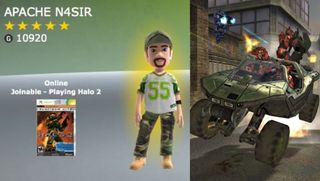
April 15th, 2010 marked the end of Microsoft's original Xbox Live service, but that didn't stop one gamer from staying online long after the expiration date. Live user N4SIR kept his connection active by staying logged on to Halo 2's multiplayer mode, and managed to hang in there until May 10, when he found himself booted from the service once and for all. Maybe someone down at Microsoft forgot to literally pull the plug?
Resident Evil's Shinji Mikami didn't like Microsoft's lack of "philosophy"

Two gaming generations ago, Resident Evil made a surprising jump to the GameCube, and an equally unexpected move by completely changing the series' survival horror trappings. But if not for a disastrous meeting between Microsoft reps and Shinji Mikami, Resident Evil 4 could have ended up on Xbox. Microsoft made an attempt to court the Resident Evil director, but Mikami questioned their overall philosophy in comparison to Sony and Nintendo's mission statements. When a flustered rep had no answer to this question - not instantly, anyway - Mikami stood, bowed, and exited the room.
A Dawn of the Dead producer tried to sue Capcom over Dead Rising

2006's Dead Rising would never have come into being without the 1978 George Romero zombie classic Dawn of the Dead, which featured survivors battling the undead in a very familiar setting. The rights-holder for Dawn of the Dead didn't care much for the similarities between Dead Rising and Romero's film, and set out to sue Capcom over what he viewed as plagiarism. The suit was later dismissed in court, and we as a people learned the valuable lesson that no one truly "owns" the concept of humans fighting zombies in a shopping mall.
Gears of War's innovative cover-based mechanics came from an obscure source
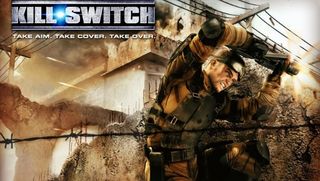
In 2006, the original Gears of War wrote the book on how to do cover-based shooters right. But before a flash of inspiration, Gears wasn't the genre-defining legend it would later become. While its behind-the-shoulder perspective comes straight from Resident Evil 4, Gears' cover mechanics can be traced to the obscure 2003 Namco shooter Kill.Switch, which received average review scores and little-to-no fanfare during its release. When a senior designer at Epic showed Kill.Switch's cover system to Cliff Bleszinski, the latter loved it so much he brought Kill.Switch's lead designer onto the Gears team, and history was made.
Sign up to the GamesRadar+ Newsletter
Weekly digests, tales from the communities you love, and more
Microsoft pulled the name "Xbox" from a very obvious source

While you've already read about the many different names the Xbox could've had, the story behind its extant one isn't nearly as complicated. Microsoft's first console went through several revisions, but the X-shaped silver version we never saw was given the codename Direct-Xbox, due to its Windows-based architecture and reliance on the DirectX collection of APIs. While the final Xbox would ditch Windows entirely, its all-too-obvious name still managed to stick around.
Madden NFL 09 was the last original Xbox game
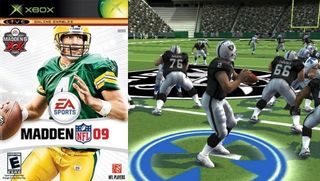
The Madden NFL series tends to stick around long, long after a console's natural death, and the original Xbox certainly saw its share of Maddens long after everyone else had moved on to the 360. Madden NFL 09's release date of August 12, 2008 marks the final time an Xbox game shipped, and almost three years after the launch of its successor, at that.
360 gamers flocked to a lousy Avatar game for an easy 1000 Achievement points
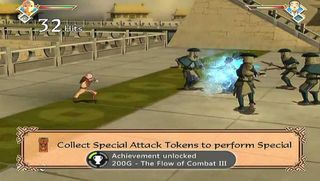
The original appeal of Achievement points might have faded a bit since the 360's launch, but you don't have to go too far back in time to witness how far people would go to increase their Gamerscore. 2007's Avatar: The Last Airbender - The Burning Earth stands as one of the more notable examples, as it offered an easy 1000 achievement points for anyone brave enough to rent or buy this lukewarm kids' game and play it for three minutes. But maybe that's what THQ had planned all along?

I'm GamesRadar's Managing Editor for guides, which means I run GamesRadar's guides and tips content. I also write reviews, previews and features, largely about horror, action adventure, FPS and open world games. I previously worked on Kotaku, and the Official PlayStation Magazine and website.
